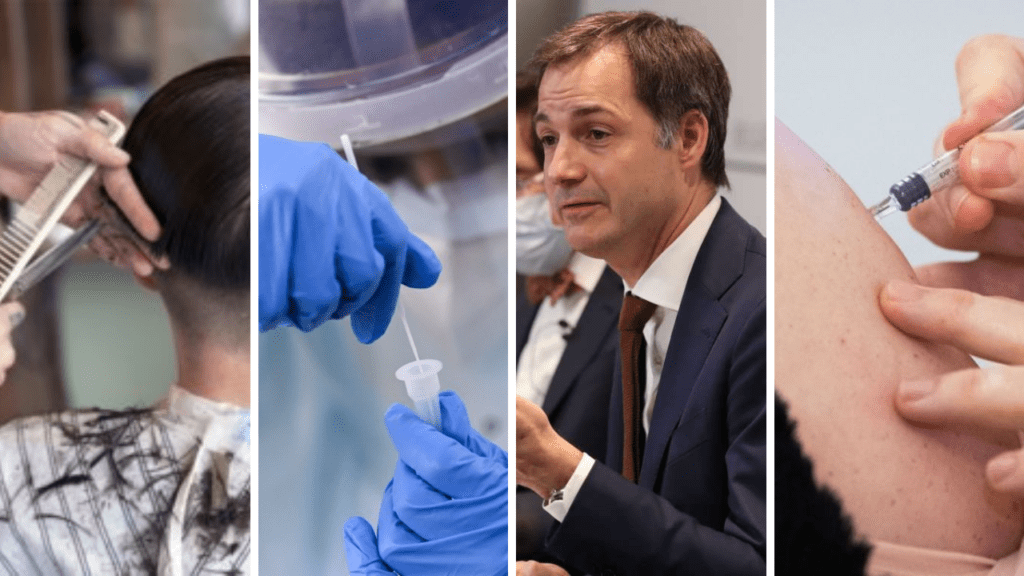Belgian Prime Minister Alexander De Croo has defended the call by the Consultative Committee to relax certain measures, despite daily coronavirus infection figures being nearly 400 higher than they were at the previous meeting.
When asked why the Consultative Committee on 5 February made the decision to relax measures, even though the relaxation thresholds of 800 infections and 75 hospitalisations per day were not reached, De Croo explained on VTM News that three factors were at play.
"First, yes, the number of confirmed infections has indeed slightly, but we are also testing more," he said, adding that it makes sense that more infections are detected.
"We also see that the number of hospital admissions and the number of patients in intensive care has dropped," said De Croo. "And a final element, which is perhaps even more fundamental: we are vaccinating."
Related News
- Belgium extends covid measure deadline to 1 April
- Belgium's latest coronavirus measures explained
- These are the rules for Belgium's contact professions to reopen
In residential care centres, almost everyone has received their first injection, according to him. "People who have been vaccinated are less vulnerable and run less risk of ending up in hospital."
This means that the number of infections has stabilised, the pressure on the healthcare system is gradually decreasing, and a growing number of people are being vaccinated, De Croo said.
"The measures we are taking are very strict and put a lot of pressure on everyone," he said. "We must not keep them in place any longer than necessary."
The GEMS experts advising the government on how to handle the pandemic, however, were not in favour of a reopening, several of them had made clear in the media.
"The experts say that, if you reopen, you have to minimise the risk," De Croo said. "You do that by guaranteeing measures - which are now more substantial than after the first wave."
He explained that the authorities decided to only reopen the hairdressers for now, and the other contact professions only later, as they are taking a "very careful" approach.
"We have judged that it would indeed not have been a good decision to have all non-medical contact professions open at the same time, and have therefore split them into two," De Croo said.
Additionally, the population's general wellbeing was also taken into account, in addition to the virological aspect, according to him. "There is also an aspect of living and looking good again and feeling good again."
Maïthé Chini
The Brussels Times

